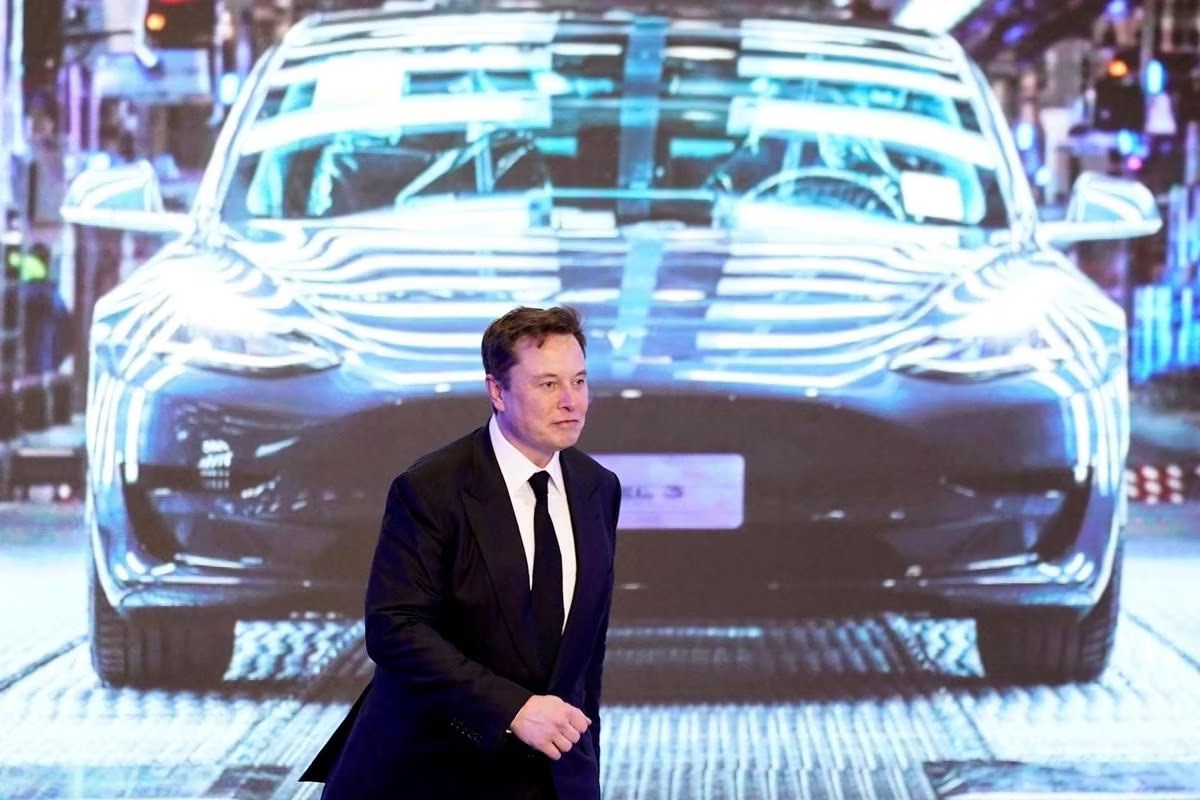Elon Musk-owned electric vehicle giant Tesla is reportedly “not interested in manufacturing in India,” according to the country’s heavy industries minister, HD Kumaraswamy. This statement came shortly after India issued detailed guidelines for a scheme aimed at boosting local EV production.
This marks the first time India has openly acknowledged that Tesla has not been drawn by its incentives, despite the government’s efforts to attract global EV companies since last March. Kumaraswamy confirmed that Tesla would open two showrooms and maintain a retail presence in India but indicated that the company has not shown interest in local manufacturing.
Other automakers like Mercedes Benz, Skoda-Volkswagen, Hyundai, and Kia have expressed interest in manufacturing electric cars domestically. A government official told the Press Trust of India that a Tesla representative attended the initial round of stakeholder discussions for the manufacturing scheme but was absent from subsequent meetings.
Challenges and Context Around Tesla’s India Market Entry
Tesla’s hesitation to produce cars locally follows a series of negotiations and delays. Initial plans to establish a base in India were shelved in 2022 after the government insisted on local manufacturing, while Tesla wanted to begin with exports to test demand. In early 2023, Musk mentioned he was “trying to figure out the right timing” to invest in India.
Earlier this year, Musk met with Prime Minister Narendra Modi in Washington, D.C., discussing potential collaboration on technology and innovation. India has cut import taxes on EVs for automakers committing to invest at least $500 million and start local production within three years, a move triggered by Musk’s complaints about high duties blocking Tesla’s entry.
Still, analysts argue that India’s EV market may not yet be ready for Tesla’s investment. EVs constitute less than 3% of total passenger vehicle sales, and domestically produced alternatives can cost roughly half the price of Tesla’s base model. Other concerns include insufficient charging infrastructure and challenging road conditions.
Market Competition and Tesla’s Global Situation
India’s EV market is currently dominated by Tata Motors, holding over 60% of sales, followed by MG Motors at 22%. Globally, Tesla faces rising competition from Chinese manufacturers such as BYD. Additionally, Tesla’s sales plummeted to a three-year low in the first quarter of 2025 amid backlash linked to Musk’s role in the Trump administration. Musk announced his departure from that government role last week.
Author’s Opinion
Tesla’s reluctance to commit to local manufacturing in India appears to be a realistic response to economic and infrastructural challenges. Entering a nascent EV market with high import duties and limited charging networks is risky. Instead, Tesla’s cautious approach allows the company to avoid costly missteps until the ecosystem matures, which could ultimately benefit its long-term success in the region.










